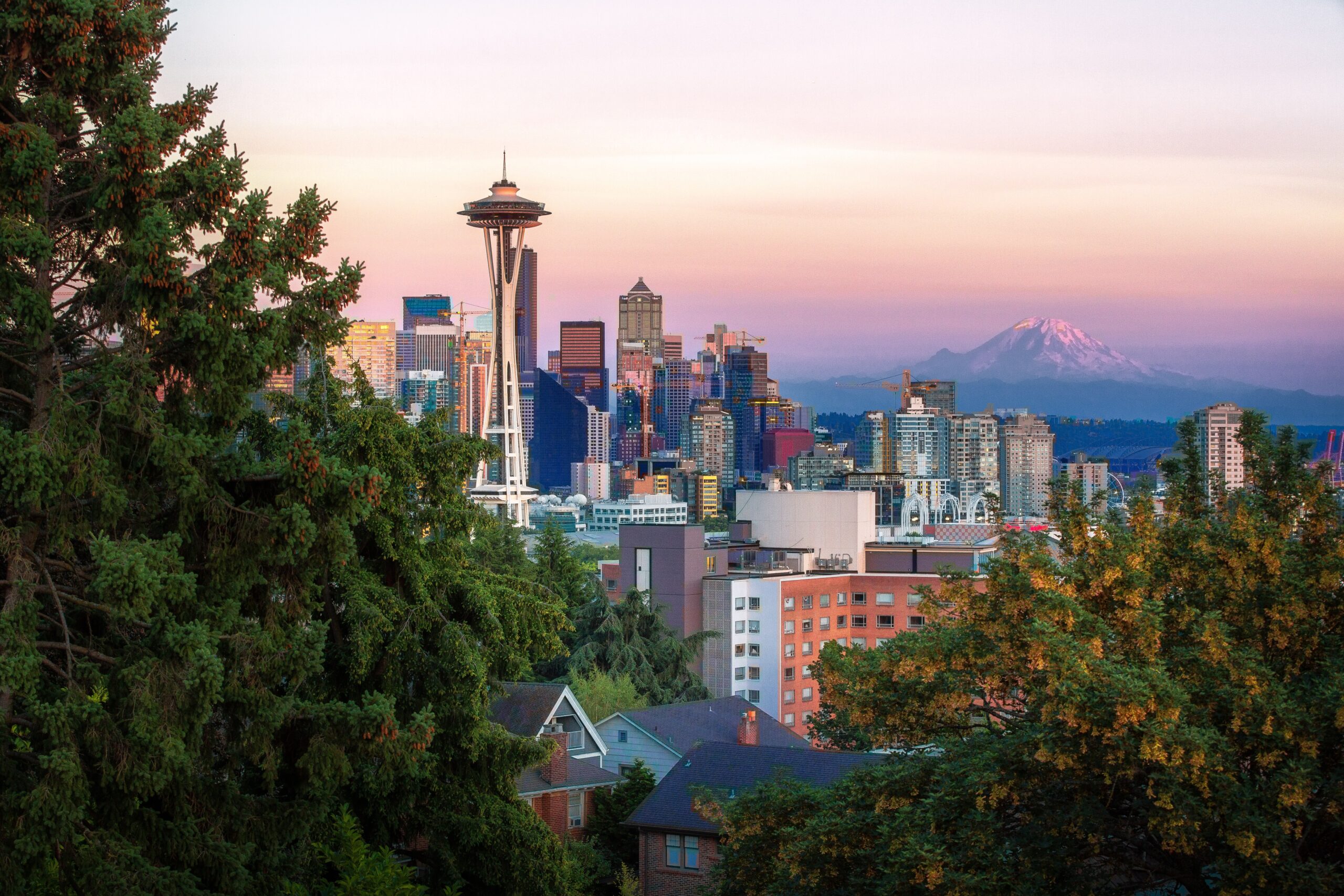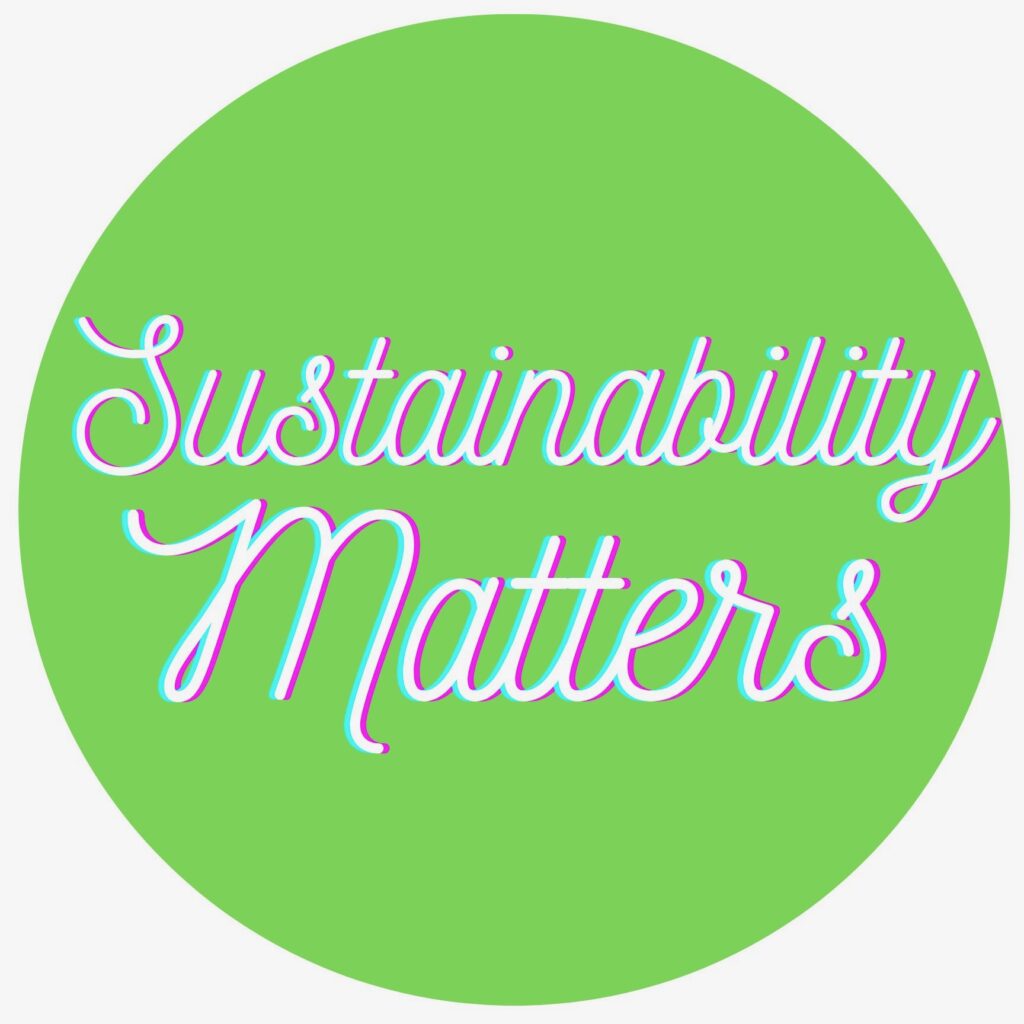Reduce, reuse, and recycle are three of the core principles of waste reduction. We start with reducing the amount of waste created, reusing everything that we can, and recycling as much of what’s left as possible. And tossing all of our cans and plastic bottles into the recycling bin seems like the right thing to do. Even if it doesn’t end up being recycled it’s best to try, right?
Not necessarily.
Often, whole loads of recycling are thrown out due to incorrect recycling habits and the resulting contamination. Recycling facilities do their fair share of sorting, but the overall success rate of recycling starts with us.
The first step for successful recycling is to review the guidelines for your city. What kinds of recyclables do they accept? Do they need to be washed? How should they be separated? We may think we know how to recycle, but the nuances of doing so can be more complicated than we think.
Luckily, the city of Seattle provides clear instructions on recycling, but you’ll have to peruse its website in order to find the information. To make things easy, I’ll summarize Seattle recycling guidelines so you can be recycling like a pro before next week’s trash pick-up!
In Seattle, recyclables go through a four-step process. Items are first placed into the bin by you, then they are picked up and taken to local facilities. Afterward, they are appropriately sorted into categories before being packaged into bales and transported to the appropriate processing facilities. The majority of Seattle recyclables, about ⅔, are processed in North America, with 100% of metal and glass processed in the city of Seattle itself.
According to the Seattle Public Utilities website, the basic recycling standards are as follows:
- Empty, Clean, and Dry. Remember to clean out your recyclables and keep them dry. No food or liquids in recycling.
- When in Doubt, Find Out. Put only recyclables that are accepted in your recycling cart. Check out the Where Does it Go? Tool if you are unsure whether an item is recyclable.
- Keep Bags Out. Do not put plastic bags or plastic wrap in the recycling cart, even if bundled. Keep materials loose in the cart and do not bag your recyclables.
- Focus on the top 5 types of recyclables:
- Paper – office, newspaper, & magazines
- Cardboard – paperboard & corrugated boxes
- Plastic – Bottles, Containers, & Tubs
- Glass – Bottles & Jars
- Metal – Aluminum, tin & steel cans and scrap
If you focus on these 4 main principles, you are already guaranteed to raise the percentage of your items that are actually able to be recycled and reused.
While it is most productive to focus on the top 5 types of recyclables listed above, you might also be wondering, how can I recycle other less-common items? There are many things that you cannot just toss into your city recycling bin, but that does not mean those items have to go into the trash! Here are a few other things you can recycle and places to do it in Seattle.
- Appliance
Functioning appliances can (and should!) be donated to organizations like Habitat for Humanity or St. Vincent de Paul, but nonworking ones can be dropped off at county recycling facilities for processing.
- Electronics
E-Cycle Washington is a free service that recycles a variety of broken or worn-out electronics. Visit their site to find a drop-off location near you. https://ecyclewa.org/
- Textiles
While donating our gently used clothing to thrift stores is a great reuse strategy, it’s just a fact that some of our stained and torn towels and clothes aren’t fit for donation! Instead of resigning to throwing your old clothes and other fabric in the trash, King County has partnered with a non-profit organization called Northwest Center, that offers textile recycling at 5 different locations in King County. View their site to find a location most convenient near you or schedule a curbside pick-up.
Believe it or not, there are actual resources in your community to recycle plastic bags. While these seem like a notorious waste culprit in all of our households, there are places you can take your plastic bags (the ones you aren’t reusing, of course) to be recycled. And odds are, it’s not too far from your house! There are tens of locations in Seattle, mostly grocery stores, that provide plastic bag and film drop off bins in their stores. To find a comprehensive directory, visit https://bagandfilmrecycling.org/ for more information.
Before you toss out other odds and ends in your household, take a second to refer to http://1800recycle.wa.gov/, a search engine that allows you to input your location and the item you are looking to dispose of. The site will provide you with either recycling options, or at least safe disposal resources for hazardous materials. With just a little extra thought, we can all work to divert unnecessary waste from our landfills and support our local recycling programs. Happy recycling!

